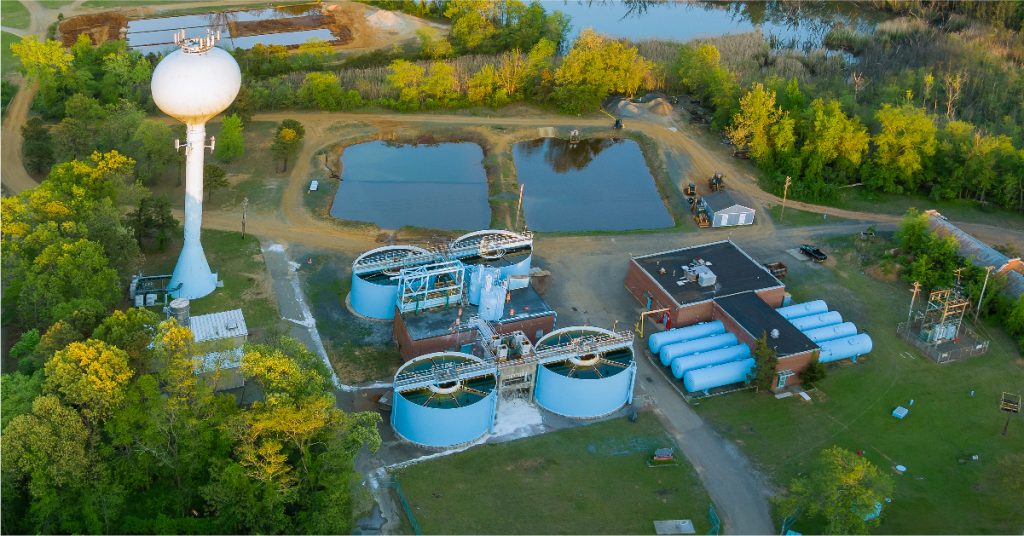Portugal, with its long coastline and Mediterranean climate, faces growing water scarcity challenges due to climate change, irregular rainfall, and rising urban and agricultural demand. To secure long-term water security, the country is increasingly turning to advanced technologies. Among these, desalination is emerging as a cornerstone of sustainable water management, offering a reliable solution to supplement limited freshwater resources.
What is the Water Desalination Process?
What is the water desalination process? It is the method of removing dissolved salts, minerals, and impurities from seawater or brackish water to make it suitable for human consumption and industrial use. Modern desalination relies largely on reverse osmosis membranes, which force water through a semi-permeable barrier, separating pure water molecules from salts and contaminants.
This makes desalination a dependable method of producing clean drinking water even when rainfall is scarce or traditional freshwater reserves are strained.
The Role of Desalination Plants in Portugal
Building and operating advanced desalination plants offers Portugal multiple advantages:
- Reliable Supply – Seawater is abundant, and desalination ensures steady water availability regardless of climate conditions.
- Support for Agriculture – By providing irrigation water, desalination helps sustain Portugal’s vital agricultural exports.
- Urban Growth – Growing cities and tourist regions require consistent supplies of safe drinking water, even during dry summers.
- Resilience to Climate Change – As droughts become more frequent, desalination ensures security against water shortages.
In coastal regions such as the Algarve, desalination plants are already being considered as critical infrastructure to meet rising demand.
Water Purification and Desalination – Beyond Drinking Water
While desalination is best known for providing potable water, it also supports water purification and desalination in industries. From food processing and pharmaceuticals to power generation, purified water is essential for quality, safety, and compliance. Desalination plants can supply industrial-grade water, reducing pressure on freshwater resources.
Ion Exchange’s Expertise in Desalination Technology
Ion Exchange offers a comprehensive portfolio of products designed to support both reverse osmosis and thermal desalination processes. The range includes specialized antiscalants for RO membranes that effectively control scale formation caused by calcium carbonate, calcium sulphate, calcium fluoride, calcium oxalate, and silicates. To ensure optimal performance and longevity of membranes, the company also provides acidic and alkaline cleaners, preservatives, and membrane sanitizers. For thermal desalination systems such as Multi-Effect Distillation (MED) and Multi-Stage Flash (MSF), ION EXCHANGE supplies advanced antiscalants and defoamers, enabling efficient operations and reliable water treatment solutions across diverse applications.
Why Choose Ion Exchange?
Portugal’s future water security depends not just on technology but also on expertise and sustainability. Ion Exchange combines both, offering desalination solutions that ensure a safe, affordable, and environmentally responsible water supply. With our end-to-end services and advanced engineering, clients gain peace of mind and long-term reliability.
Conclusion
As Portugal faces increasing water scarcity, desalination is shaping the future of sustainable water supply. By investing in advanced desalination plants, the country can secure reliable drinking water, support agriculture, and ensure industrial growth. With Ion Exchange’s proven solutions in water purification and desalination, Portugal is well-positioned to overcome its water challenges and build a secure future.


